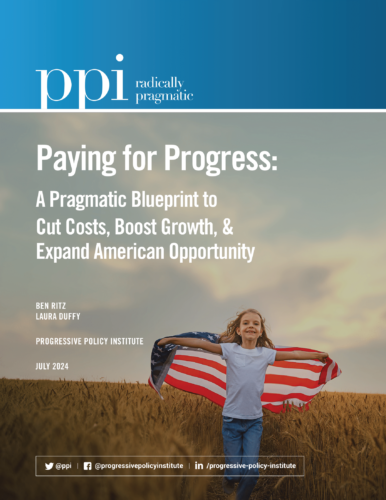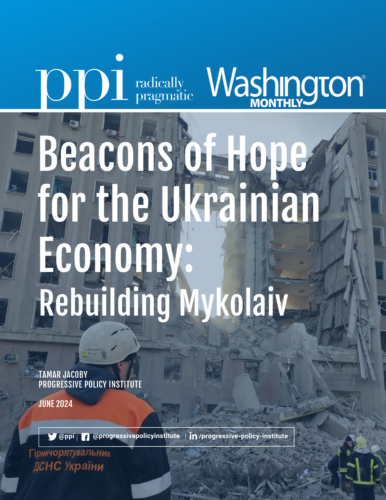Last week, Senator Roger Wicker, the GOP ranking member on the Senate Armed Services Committee, called for increasing U.S. defense spending from roughly 3% to 5% of gross domestic product (GDP) over the next five to seven years to prepare for increased geopolitical tensions with Russia, China, and Iran. That would require at least $5 trillion in new federal spending over the next decade, for which Senator Wicker offers no offsets.
Meanwhile, Senate Republicans also want to spend an additional $4 trillion over the next decade to extend the Trump 2017 tax cuts, most of which are currently set to expire in 2026. Even if there were national security merits to Senator Wicker’s proposal, Republicans have offered the country no explanation for how they intend to finance $9 trillion in spending, which would reverse the $1.5 trillion of savings they secured in last year’s Fiscal Responsibility Act several times over. By comparison, the most recent Biden budget proposed $4.1 trillion in new spending over the next decade, and much of that was offset by proposed tax increases.
Wicker’s plans for a dramatic ramp-up of defense spending were swiftly endorsed by Mitch McConnell and several other prominent Republicans. However, the proposal does not spell out a clear strategic rationale for such a high defense target. In an op-ed defending the proposal, Wicker cites the unfunded priorities lists annually requested by the Pentagon as one justification for this increase. However, the spending increase that would be required to fully fund all these priorities is less than one-tenth of what Wicker is calling for. Moreover, there is clearly some room for the Pentagon to pay for these priorities by spending smarter rather than spending more. The Inspector General’s Office, the Government Accountability Office, and the Defense Business Board have all suggested that smarter procurement and personnel decisions could save money with few negative consequences for military readiness.
But if our country faces threats dire enough to justify this new spending, you’d expect a party that has repeatedly threatened to crash the economy in the name of “fiscal discipline” to come up with ways to pay for it. Yet Republicans have instead chosen to do the opposite, calling for even more tax cuts for affluent Americans by making their 2017 tax bill, the Tax Cuts and Jobs Act (TCJA), permanent. Although TCJA made some positive changes to simplify the individual tax code that are worth extending, it also lavished almost two-thirds of the overall benefits on the top fifth of income earners. And contrary to GOP claims that the law would pay for itself, even sympathetic estimates say only about 14% of the total cost is estimated to be recouped through faster economic growth.
America cannot afford the GOP’s reckless spending proposals. The federal government spent $2 trillion more than it raised in revenue last year — a deficit that cannot be justified at a time of strong economic growth and record-low unemployment rates. Interest costs as a percent of GDP are now higher than at any other point in American history, and they are projected to more than double over the next 30 years even if current law remains unchanged. If this growth continues unchecked, interest costs will begin to crowd out other important priorities, including national defense. This scenario is hardly hypothetical, as interest payments on the debt eclipsed defense spending for the first time last year. If the GOP truly wanted to ensure military readiness, they would ensure that defense spending is sustainable rather than pitch unrealistic spending surges.
Ultimately, these GOP proposals highlight how unserious their party is on improving the nation’s fiscal outlook. Despite their routine demonization of fiscal proposals from the other side of the aisle, they fail to recognize the complete incompatibility and hypocrisy of their own $9 trillion priorities. Republicans want to spend now and pay later — by sticking young Americans with the bill. Policymakers in Congress and the Administration should be having a serious dialogue about what is necessary to correct the nation’s fiscal trajectory, not making it worse.




